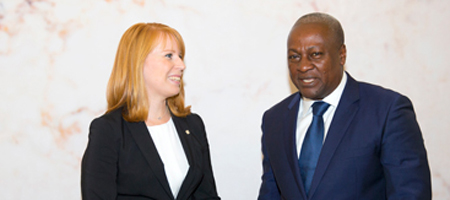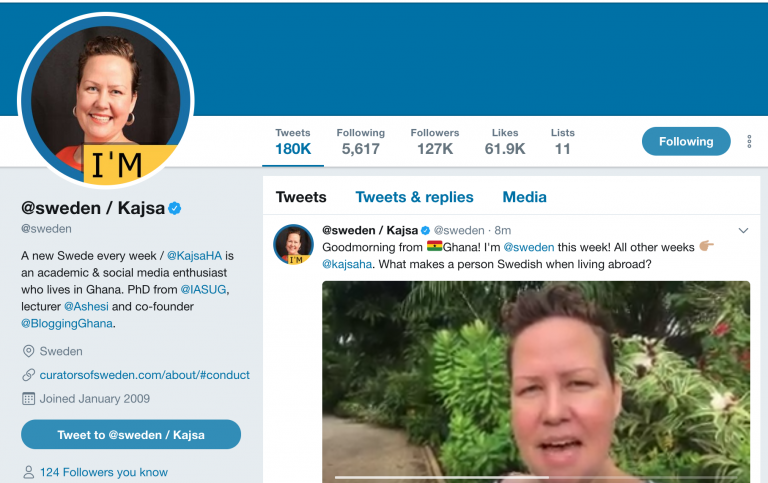 This week I have the honor of representing my native Sweden as the curator of the Twitter account @Sweden. It is every week run by a new Swede or person living in Sweden (this week a Swede outside Sweden).
This week I have the honor of representing my native Sweden as the curator of the Twitter account @Sweden. It is every week run by a new Swede or person living in Sweden (this week a Swede outside Sweden).
The initiative aims to showcase “the country of Sweden through the mix of skills, experiences and opinions it actually consists of. Through the stories of the various curators, not one Sweden is conveyed, but several.” Housed by the Swedish Institute, the project is a co-initiative with VisitSweden and you can read more about the project Curators of Sweden and see a list of more curators here.
I opened my curatorship with a tweet+video from our garden:
Goodmorning from ??Ghana! I’m @sweden this week! All other weeks ??@kajsaha. What makes a person Swedish when living abroad? pic.twitter.com/rTSF4XCF0I
— @sweden / Kajsa (@sweden) September 4, 2017
On my personal Twitter account @kajsaha, I have 12 000 followers, but this week I have 127 000! I hope to make good use of the exposure! During my week I will discuss
- Swedishness,
- my best online tips,
- weather (that’s what Swedes like to talk about!),
- identity politics,
- why I chose to research migration in West Africa,
- and of course, share some breakfast photos.
I also hope to use my social media skills to have a very interactive week!
See my posts on Twitter.com/Sweden
Welcome!

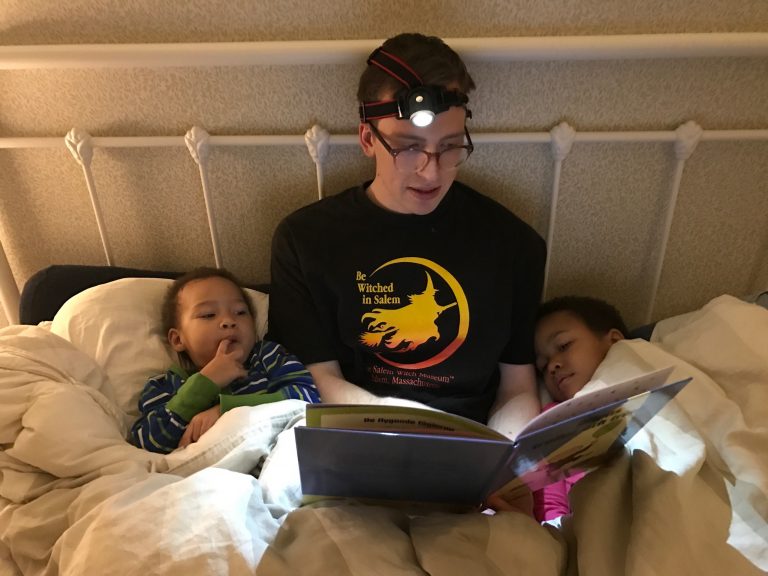
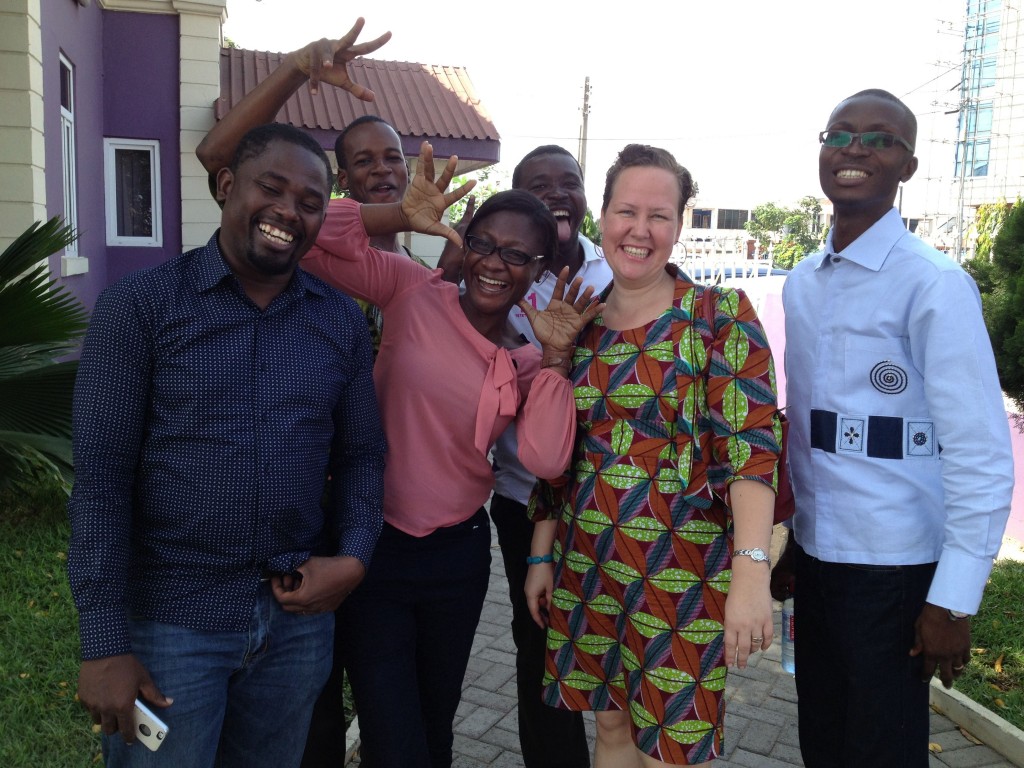 I first met Umaru last summer at his workplace radio station
I first met Umaru last summer at his workplace radio station 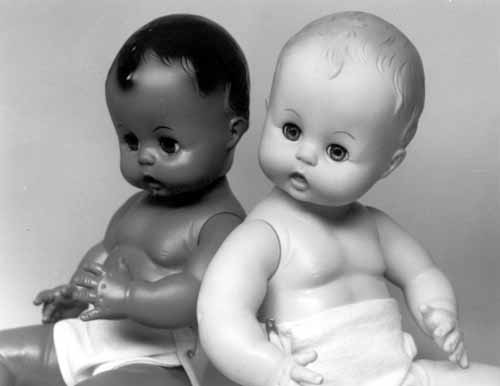 “Mommy is yellow. I not yellow!”
“Mommy is yellow. I not yellow!” 